Sector Results and Learning:
Water, Sanitation, and Hygiene
This Water, Sanitation, and Hygiene (WASH) Sector Results and Learning page is a repository of evidence generated by all MCC-funded WASH interventions. To promote learning and inform future program design, this page captures monitoring data from key common indicators, showcases recent and relevant evaluations, includes all agency lessons from completed WASH evaluations to-date, and links to learning that has been aggregated across completed evaluations in the sector.
What Do We Invest In?
MCC has funded $1.3 billion in WASH interventions as of September 2024. These interventions fall into the following categories: water infrastructure; sanitation and/or wastewater infrastructure; hygiene and other training; and drainage infrastructure; and are often complemented by investments in policy and institutional reform.
-
Drainage Infrastructure
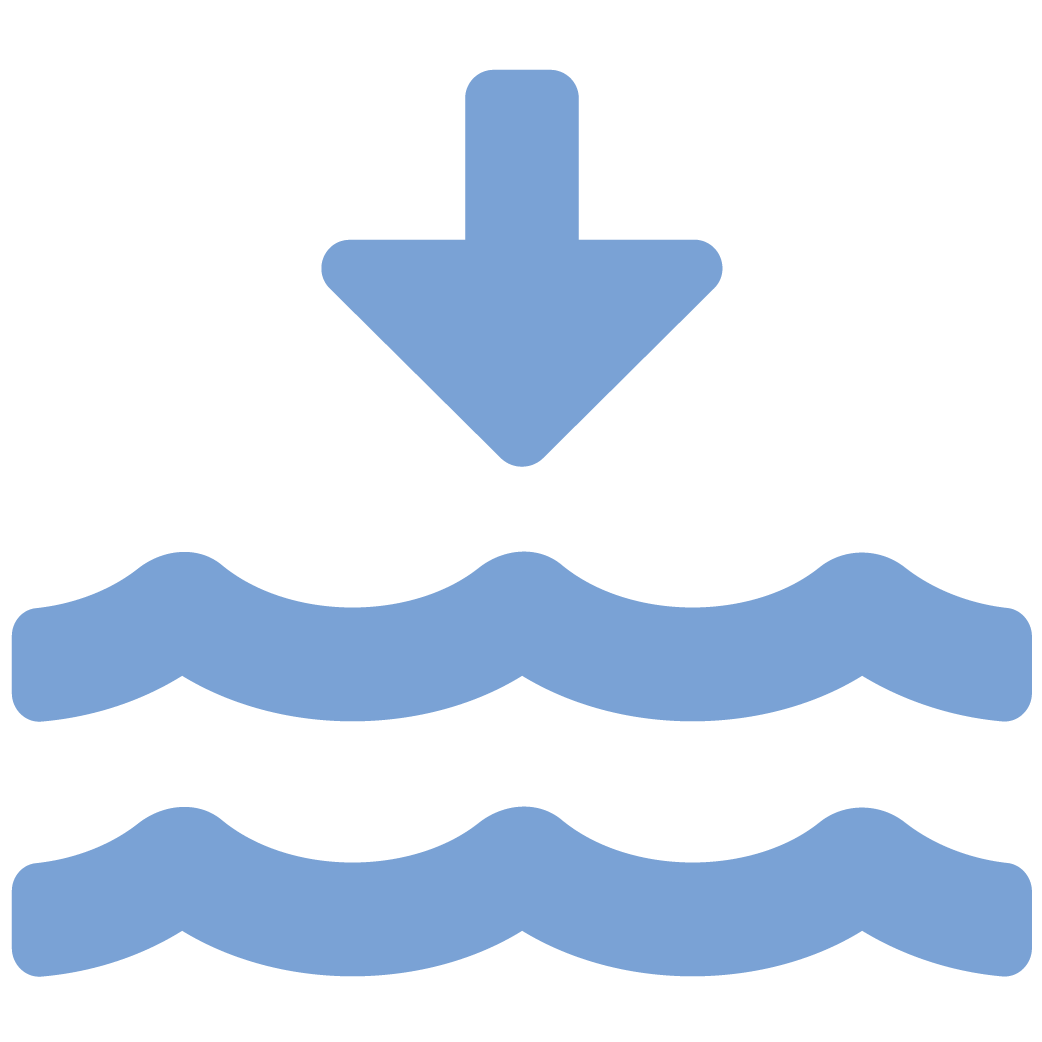 These programs address excessive economic loss caused by flooding by building water drainage infrastructure.
These programs address excessive economic loss caused by flooding by building water drainage infrastructure. -
Hygiene & Other Training
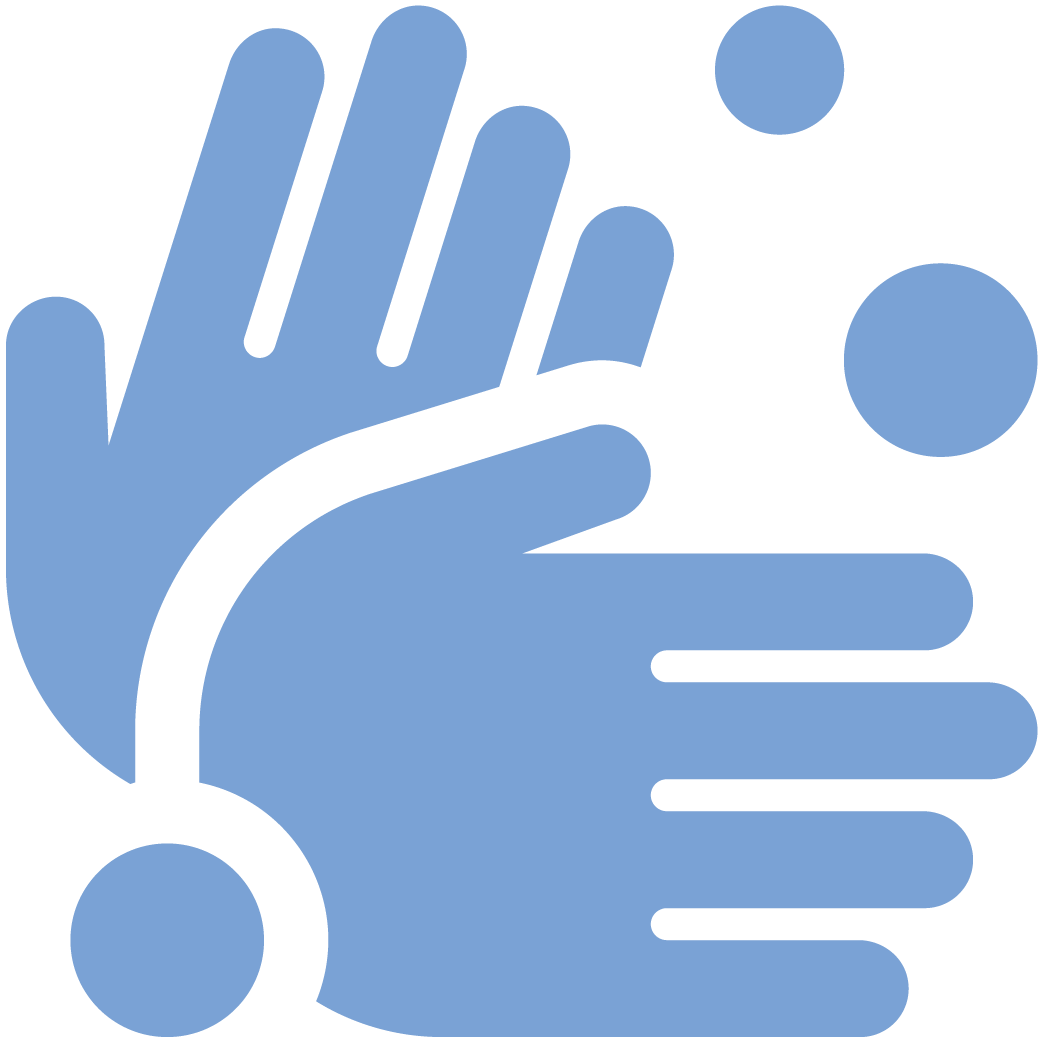 These programs complement infrastructure investments and aim to improve hygiene and sanitary practices around water collection, storage, and use and the safe disposal of waste.
These programs complement infrastructure investments and aim to improve hygiene and sanitary practices around water collection, storage, and use and the safe disposal of waste. -
Sanitation and/or Wastewater Infrastructure
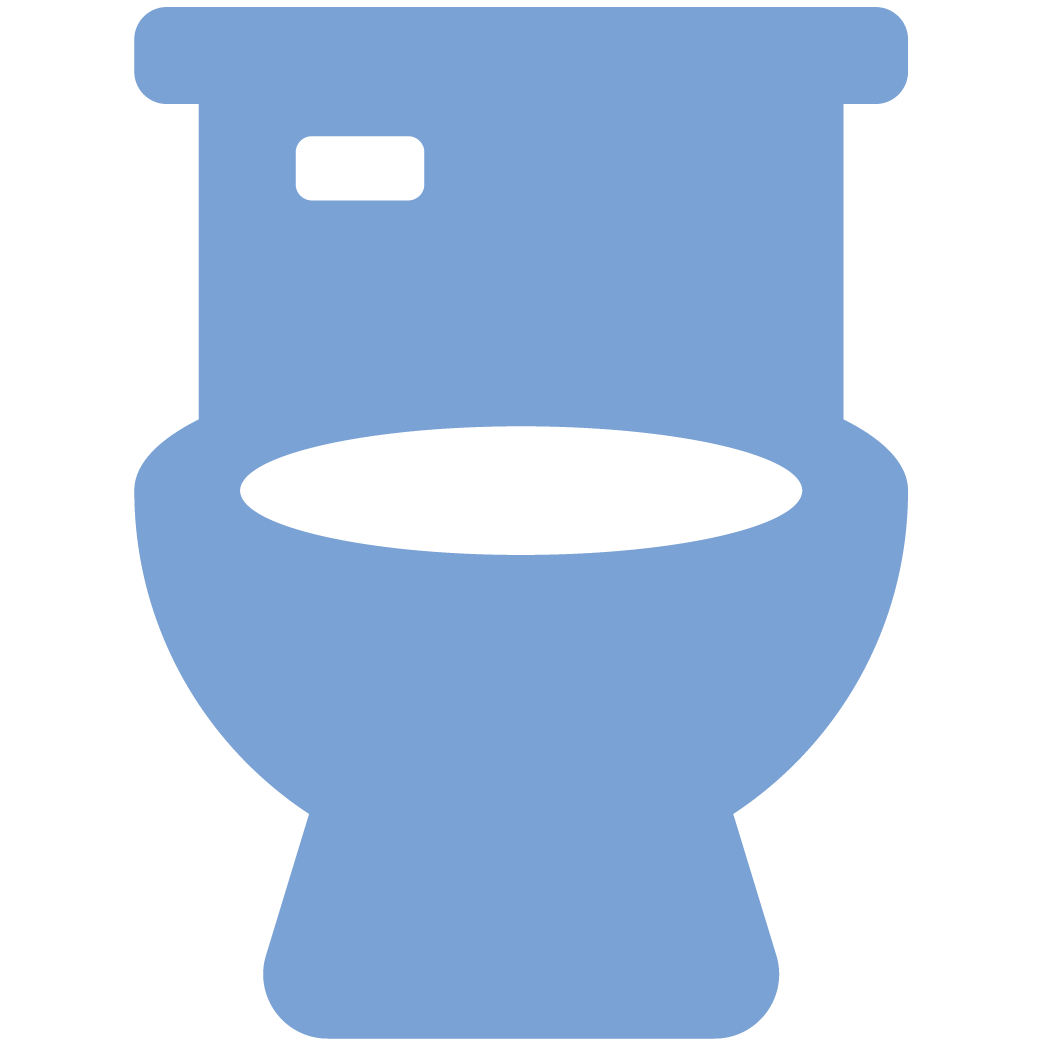 These programs address inadequate access to sanitation by investing in sanitation and/or wastewater infrastructure and supporting water utility strengthening.
These programs address inadequate access to sanitation by investing in sanitation and/or wastewater infrastructure and supporting water utility strengthening. -
Water Infrastructure
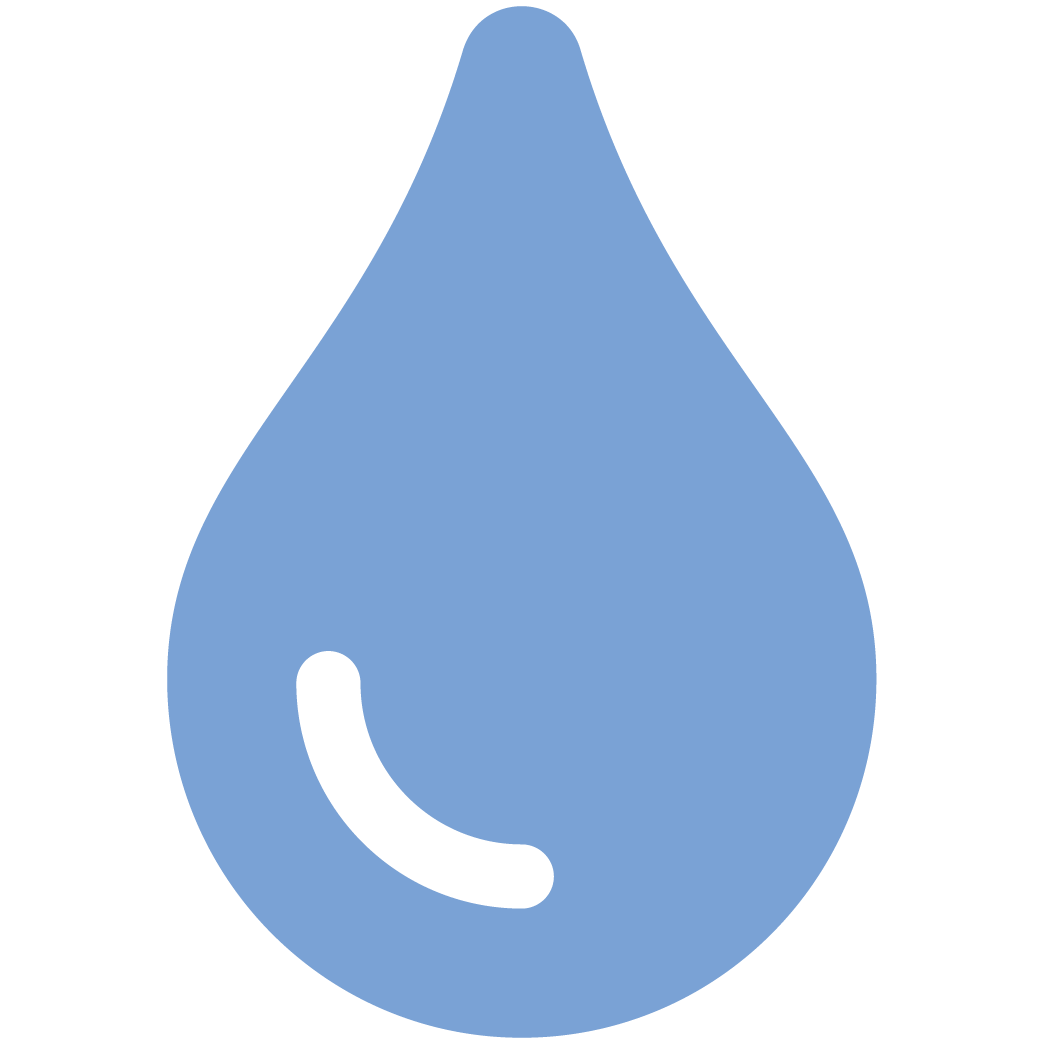 These programs address inadequacies in water supply, quality, or access by investing in water, sanitation, or wastewater infrastructure, and supporting utility strengthening.
These programs address inadequacies in water supply, quality, or access by investing in water, sanitation, or wastewater infrastructure, and supporting utility strengthening.
What Have We Completed So Far?
MCC and its country partners develop and tailor Monitoring and Evaluation Plans for each program and country context. Within these country-specific plans, MCC uses common indicators to standardize measurement and reporting within certain sectors. See below for a subset of common indicators that summarize implementation achievements across all MCC WASH investments as of September 2024.
-
73,116
individuals trained in social and behavior change
-
32,831
sanitation facilities constructed
-
1,661
kilometers of water pipelines constructed or replaced
-
220
millions of liters per day of water production capacity added
What Have We Achieved?
MCC commissions independent evaluations, conducted by third-party evaluators, for every project it funds. These evaluations hold MCC and country partners accountable for the achievement of intended results and also produce evidence and learning to inform future programming. They investigate the quality of project implementation, the achievement of the project objective and other targeted outcomes, and the cost-effectiveness of the project. The graphs below summarize the composition and status of MCC’s independent evaluations in the WASH sector as of November 2024. Read on to see highlights of published interim and final evaluations. Follow the evaluation links to see the status of all planned, ongoing, and completed evaluations in the sector and to access the reports, summaries, survey materials, and data sets.
Highlighted Evaluations
-
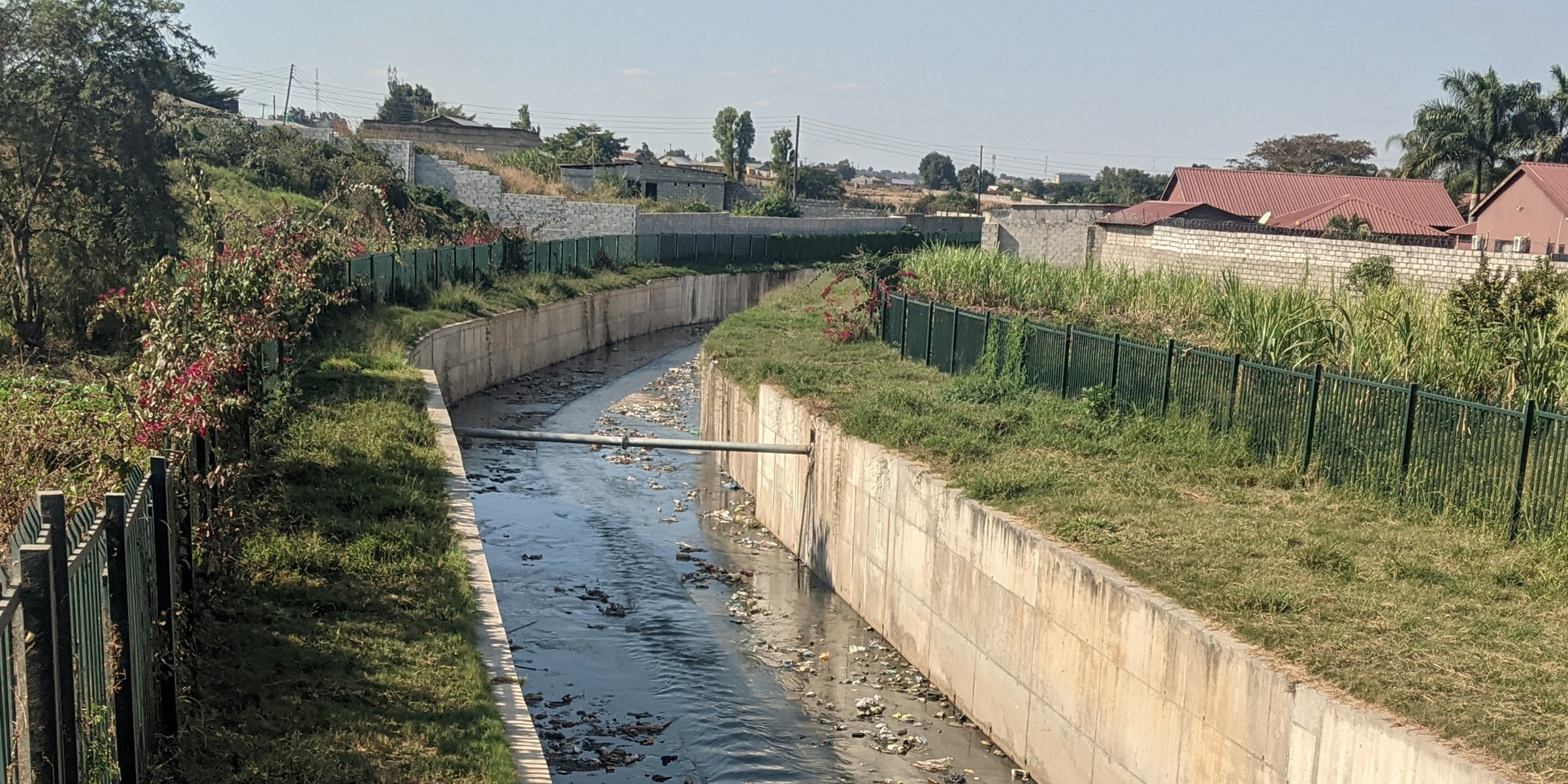 Read this Evaluation Brief to learn the results of MCC’s Zambia Compact Water Supply, Sewerage, and Drainage Project, which aimed to rehabilitate and extend infrastructure and strengthen the institutional capacity of water utility.
Read this Evaluation Brief to learn the results of MCC’s Zambia Compact Water Supply, Sewerage, and Drainage Project, which aimed to rehabilitate and extend infrastructure and strengthen the institutional capacity of water utility. -
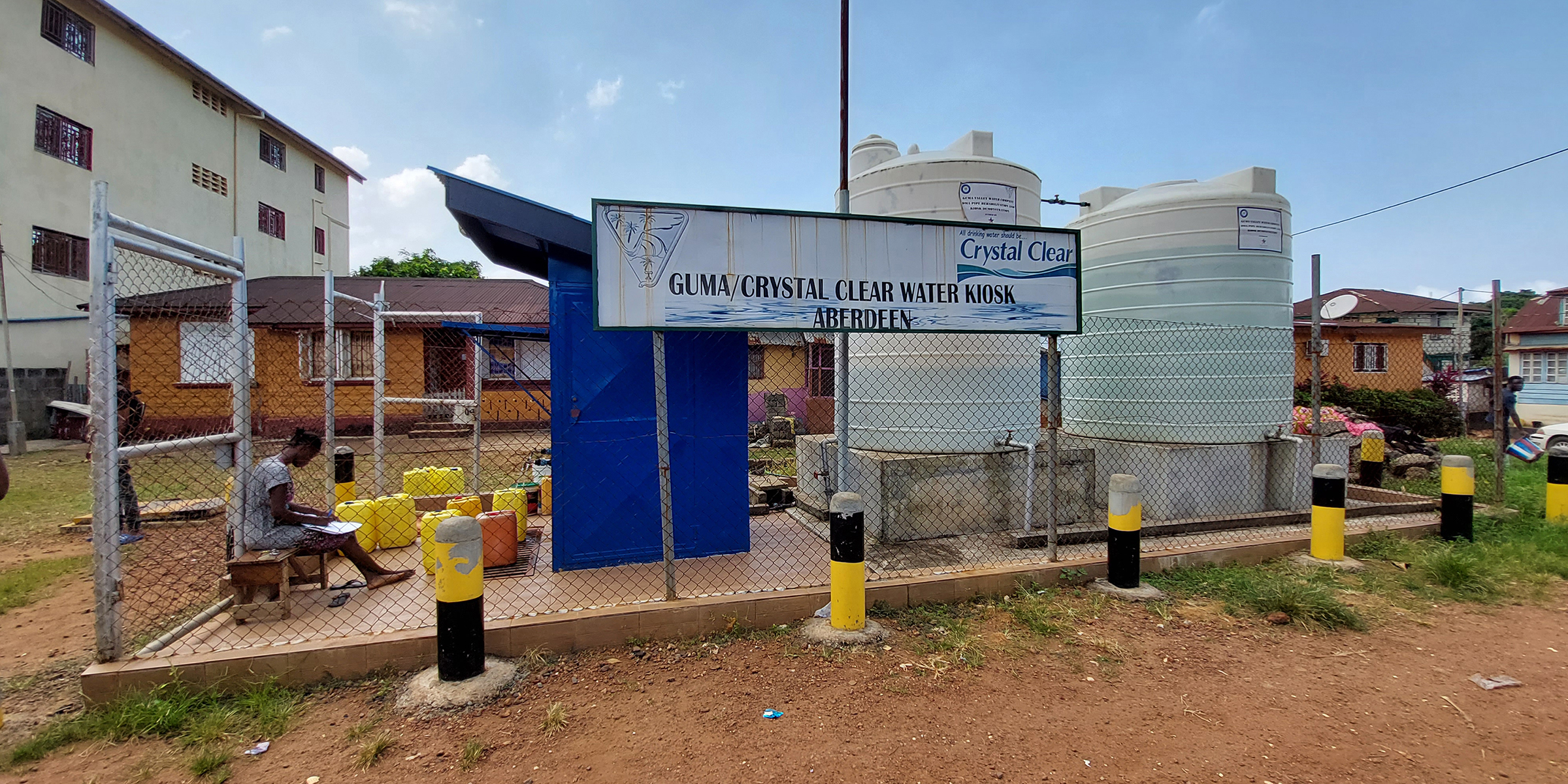 Read this Evaluation Brief to learn the results MCC’s Sierra Leone Threshold Program which focused on strengthening regulatory systems, improving water utility operations, and increasing access to clean and reliable water in greater Freetown.
Read this Evaluation Brief to learn the results MCC’s Sierra Leone Threshold Program which focused on strengthening regulatory systems, improving water utility operations, and increasing access to clean and reliable water in greater Freetown. -
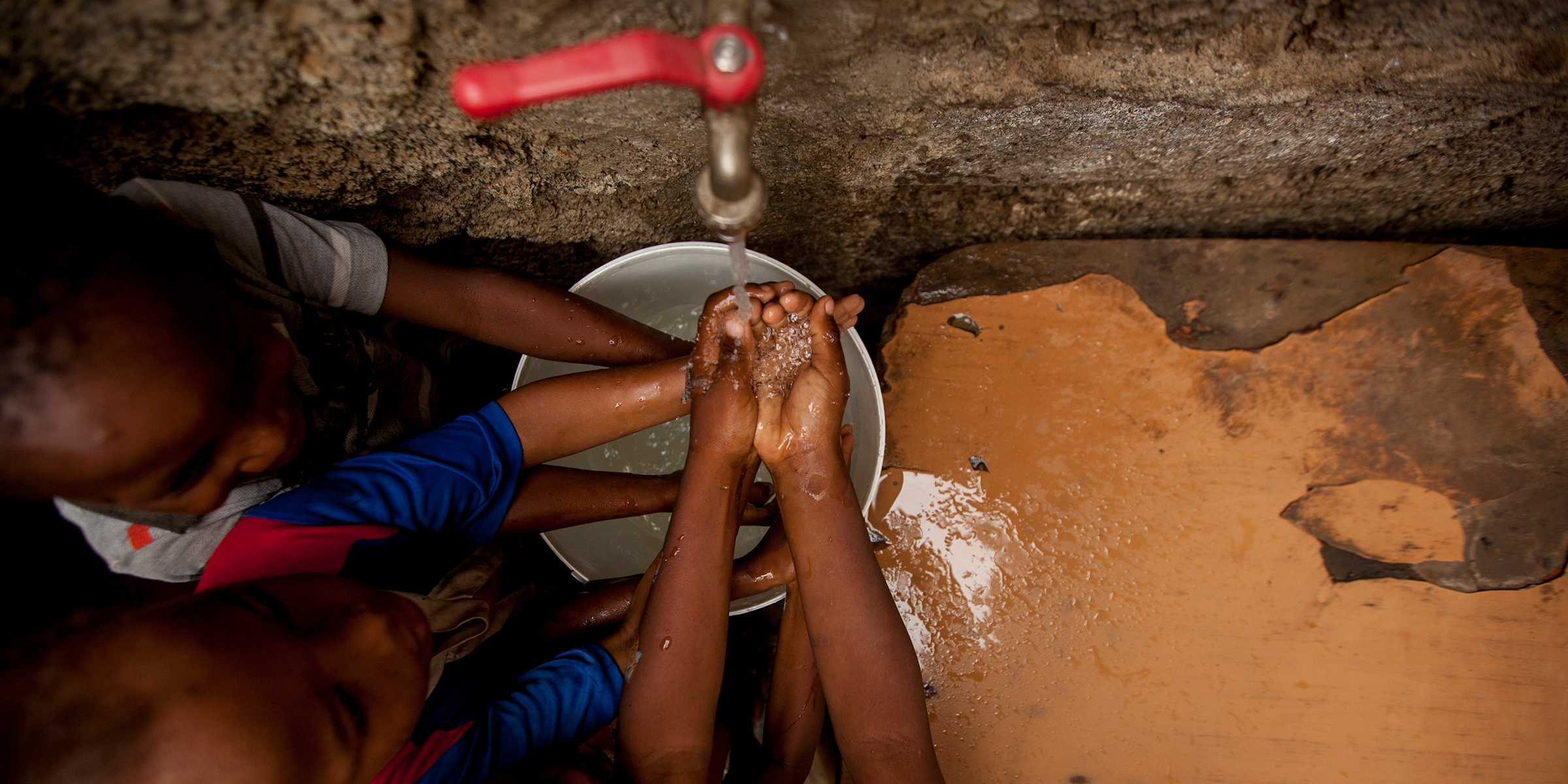 Read this Evaluation Brief to learn the results of a project from MCC’s Cabo Verde II Compact that aimed to improve water and sanitation service delivery, increase households’ productivity, increase sector funding, and make government spending more efficient.
Read this Evaluation Brief to learn the results of a project from MCC’s Cabo Verde II Compact that aimed to improve water and sanitation service delivery, increase households’ productivity, increase sector funding, and make government spending more efficient. -
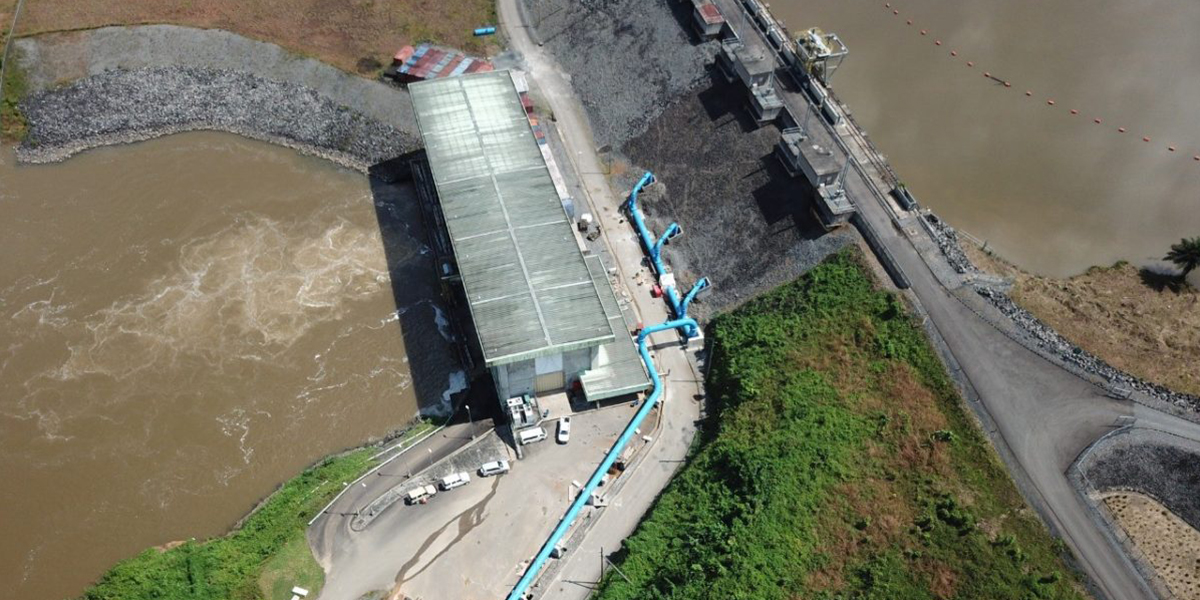 Read this Evaluation Brief to learn the final results of the Water Pipeline Sub-Activity, a water infrastructure component of MCC’s Liberia Compact, that aimed to improve water supply in Liberia.
Read this Evaluation Brief to learn the final results of the Water Pipeline Sub-Activity, a water infrastructure component of MCC’s Liberia Compact, that aimed to improve water supply in Liberia.
What Have We Learned from Our Results?
To link the evidence from the independent evaluations with MCC practice, project staff produce an MCC Learning document at the close of each interim and final evaluation to capture practical lessons for programming and evaluation. Use the filters below to find lessons relevant to your evidence needs.
Filter By
How Have We Aggregated Learning Across the Sector?
MCC has developed a Principles into Practice paper using evidence from completed independent evaluations in the WASH sector – Principles into Practice: Lessons from Evaluations of MCC Water, Sanitation, and Hygiene (WASH) Programs. The Principles into Practice series offers a frank look at what it takes to make the principles MCC considers essential for development operational in the projects in which MCC invests. The learning captured in this paper informs MCC’s ongoing efforts to refine and strengthen its own model and development practice in the WASH sector. MCC hopes this paper will also allow others to benefit from, and build upon, MCC’s lessons.

